Coffee is a common way for people to start the day, and you most likely make it for yourself without giving it much thought. But coffee has a long history; some of these facts will undoubtedly astound you. Our justifications for coffee consumption have evolved. It helps us think better and operate more efficiently, rather than keeping us up so we can study or work hard. Coffee's social connotations are readily forgotten since we spend much time drinking it at home. Get a coffee, and explore some of the most fascinating coffee-related facts.
Other Topics You Might Like
Helpful Products You Might Like
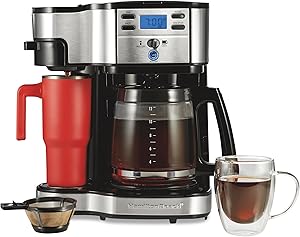
Hamilton Beach Programmable Drip Coffee Maker
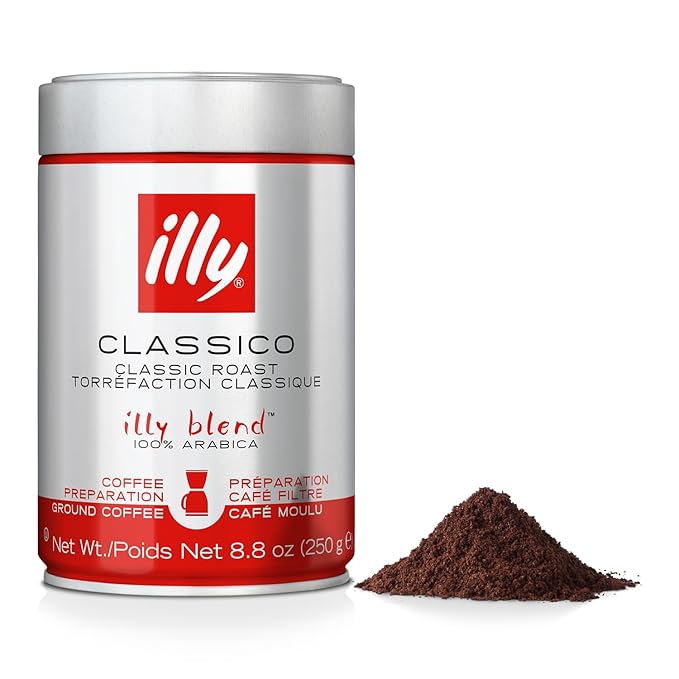
Illy Classico Ground Drip Coffee With Notes Of Chocolate
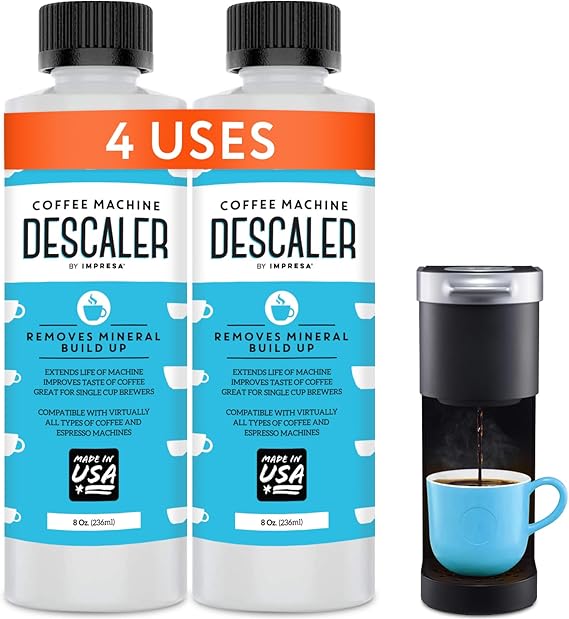
Descaler Coffee Machine Descaling Solution for Keurig
"(Paid Links)" 
COFFEE IS A FRUIT
Coffee is a fruit, even though it is referred to as a "bean." The "beans" are located in the core of a berry called a coffee cherry and grow on a bush.
Well, unlike vegetables, most plants spread or climb over objects rather than growing in tidy rows. Coffee trees also produce berries. Red coffee beans are the real seeds inside the coffee berry, while green coffee beans are the pit.
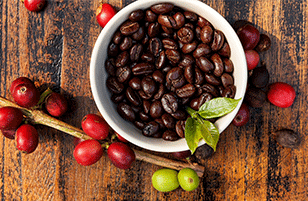
AN ETHIOPIAN GOAT HERDER DISCOVERED THE COFFEE
The exact way that coffee became known to the rest of the globe is unknown.Coffee consumption is so ingrained in our daily lives that we hardly ever consider its origins. However, based on this tale, it must have been an accident.
When a goat herder in Ethiopia noted that his goats were more alert after eating berries from a coffee tree, he realized that coffee had stimulating properties.
BEES LOVE COFFEE
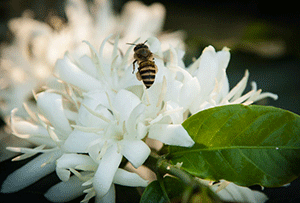
The primary pollinators of coffee plants are bees. Coffee plants reproduce by producing flowers that resemble incredibly sweet nectar, which bees pollinate. The nectar from the flower is also caffeinated.
Bees are alerted by caffeine. Bees that consume caffeine are better at collecting pollen and returning it to their colony.
COFFEE Is CONSUMED IN RELIGIOUS CONTEXTS
By the early 17th-century, coffee had reached the Middle East, especially Turkey and Persia.
After religious leaders in Mecca and Cairo outlawed coffee in the 16th century, its use fell in favor. Large merchants who benefited from the coffee trade pressured the government to quickly repeal the ban.
HAWAII IS NOT THE ONLY STATE THAT PRODUCES COFFEE
The most famous coffee in the US is from Hawaii, although coffee has long been grown in Puerto Rico. In recent years, tiny coffee-growing operations have begun to appear in Southern California under the shadow of historic avocado plantations.
Hawaii's most well-known product is its renowned Kona coffee, which was first cultivated in the Big Island's Kona region. The state is one of the best places in the US to grow coffee because of its rich volcanic soil and tropical environment.
YOU DON'T NEED TO DRINK COFFEE IN THE MORNING
Due to its ability to fool your body into releasing cortisol when it shouldn't, coffee consumption first thing in the morning is not beneficial and may even be harmful.
It is because your body starts to create cortisol when you wake up naturally.
Early in the day, have much coffee. Although you'll be extremely alert and energized, your cortisol levels will have sufficiently decreased by noon for you to feel awful again.

COFFEE SHOPS BOOST YOUR CREATIVITY
This is particularly useful if you are stuck on a problem; simply visiting a coffee shop may help you solve it.
Greater mental processing resources may be available for other tasks since we may be less aware of background noise than foreground noise.
COFFEE HELPS YOU LIVE LONGER
According to specific research, coffee drinkers had a lower risk of developing depression and Alzheimer's disease, two illnesses that reduce life expectancy.
According to research, coffee may also help your body fight off other chronic ailments.
Caffeic acid and chlorogenic acid, two compounds found in coffee, have anti-inflammatory and antioxidant properties. Consuming them raises the body's antioxidant levels. They also lower oxidative stress in cells, which can slow down or even stop cell death and damage by reducing the activity of free radicals.
Thus, the beverage may also lower your chance of developing cancer.
